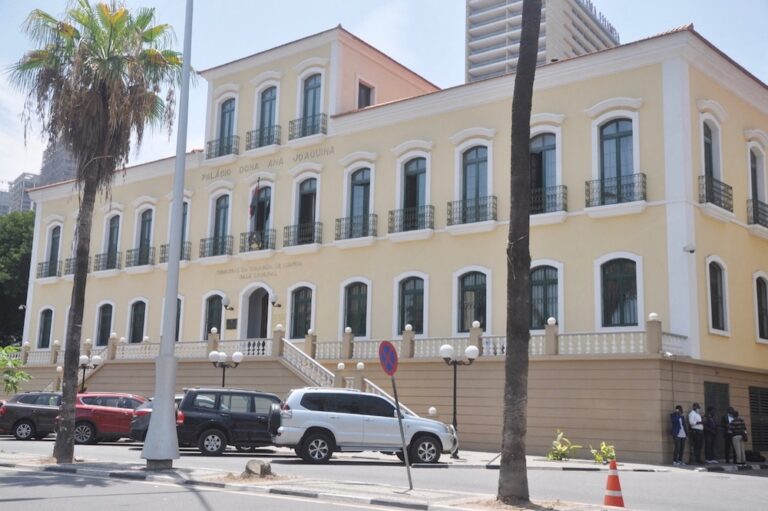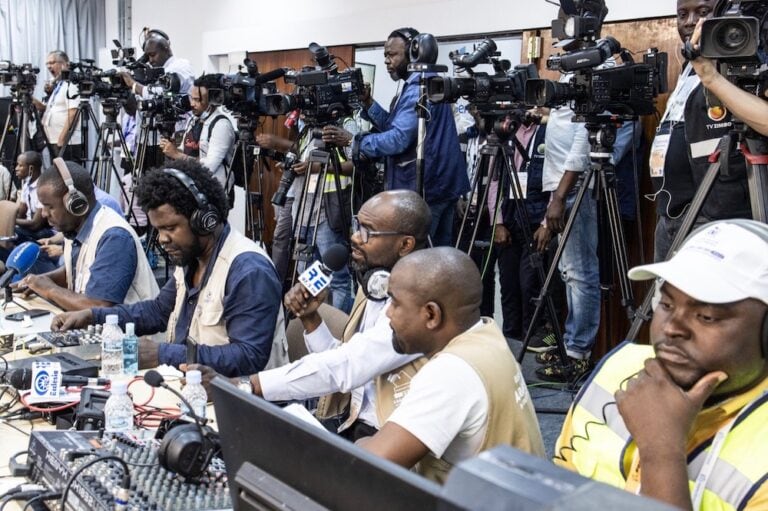The Angolan Supreme Court on Wednesday provisionally released 17 members of a book club who were jailed after they discussed peaceful protest and democracy at a meeting last June, inspired by Gene Sharp’s book, From Dictatorship to Democracy.
This statement was originally published on hrw.org on 29 June 2016.
The Angolan Supreme Court on Wednesday provisionally released 17 members of a book club who were jailed after they discussed peaceful protest and democracy at a meeting last June, inspired by Gene Sharp’s book, From Dictatorship to Democracy.
Public prosecutors charged the group members with “preparatory acts of rebellion” and “plotting against the president and state institutions.” The latter charge was dropped during their trial, and a new charge of “criminal conspiracy” added.
After six months in pretrial detention, the activists were put under house arrest in December. In March 2016 they were convicted and received sentences of between two and eight years in prison – and returned to jail. Their lawyers appealed their convictions to the Supreme Court, arguing they were unconstitutional and in violation of the activists’ fundamental rights. Under Angolan law, they should have been freed pending a decision of the Supreme Court. But instead they languished in jail for another three months, while their relatives and friends held several protests outside the courts.
In its ruling on Wednesday, the Supreme Court ordered the group’s conditional release pending a final decision on their case. They will not be allowed to leave the country, and must check in with the authorities every month.
The first group of activists left the Sao Paulo Hospital-Prison in Luanda that afternoon. As they walked through the streets of the Angolan capital for the first time in more than a year, they shouted: “Reading is not a crime!”
Wednesday’s ruling could be a light at the end of the tunnel for many other people who have been denied justice in the Angolan judicial system, which has often been an instrument of the government to target its critics. The Supreme Court may want to restore public trust in state institutions. While the ruling does not acquit the activists, who never should have been arrested or charged, it gives hope that the review of their sentencing will be fair, thorough, and prompt.


